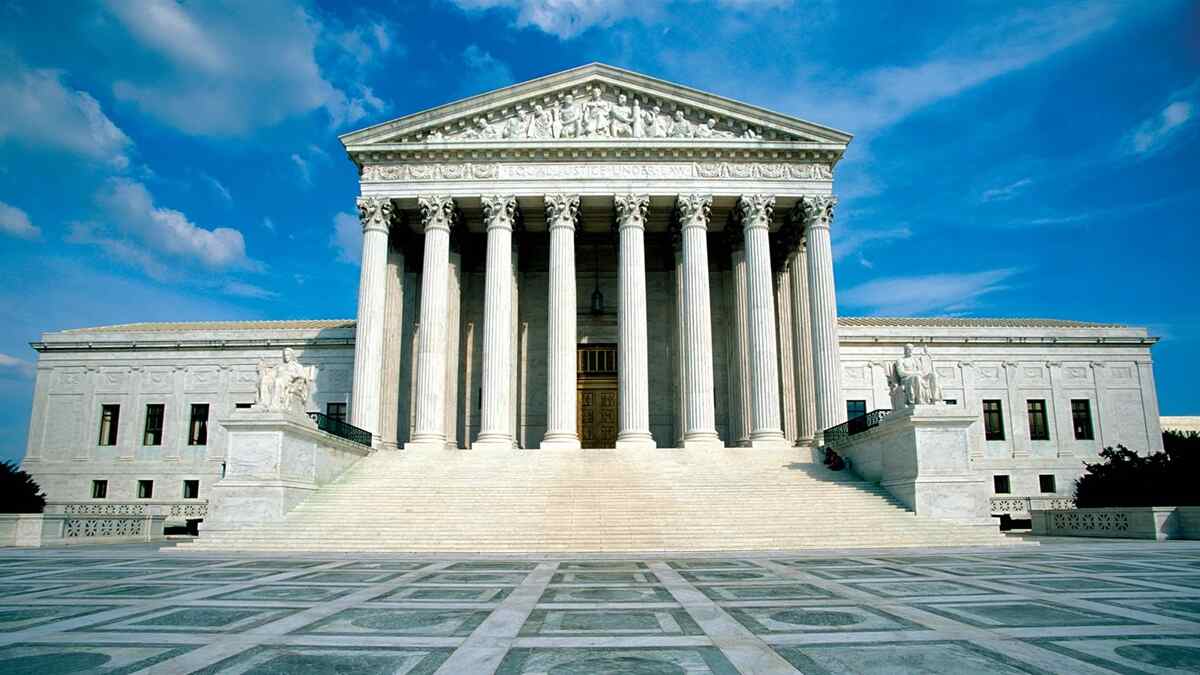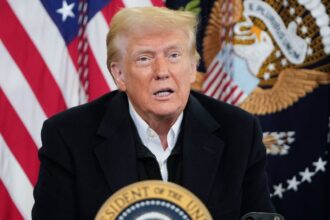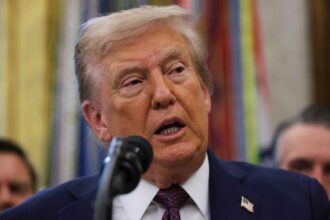- Supreme Court to hear arguments on Trump’s bid to end birthright citizenship.
- Case challenges the power of lower courts to issue nationwide injunctions.
- Trump's executive order targets children of undocumented immigrants.
- Legal experts cite the 14th Amendment as protection for birthright citizenship.
The U.S. Supreme Court is set to hear arguments this Thursday that could shape the future of birthright citizenship and the scope of presidential authority. At the heart of the matter is President Donald Trump’s attempt to end automatic citizenship for children born in the U.S. to undocumented immigrants.
This controversial move came shortly after Trump returned to the White House in January, signing an executive order aimed at redefining who qualifies as a citizen under the United States Constitution. However, federal judges immediately overturned the decree, igniting a national legal controversy.
The case currently before the Supreme Court will also decide whether lower courts have the jurisdiction to impose national injunctions that prevent presidential activities across the country. Trump claims that only Congress should have that level of power, and that such injunctions impair his capacity to carry out federal objectives.
Federal judges in Maryland, Massachusetts, and Washington used universal injunctions to block Trump’s order. These acts, according to the Trump administration, have gone beyond court limits and have become “epidemic” in breadth. A Justice Department petition in March emphasized the critical need to clarify the legitimacy of those broad judicial proceedings.
The Trump administration believes that court decisions should only apply to single plaintiffs and not the entire country. If the Supreme Court agrees, Trump may use executive orders to accomplish broad initiatives with little oversight.
At the core of the legal debate is the 14th Amendment, which states: “All persons born or naturalized in the United States, and subject to the jurisdiction thereof, are citizens.” Trump’s order hinges on a narrow interpretation of this clause, arguing that it excludes the children of undocumented immigrants or temporary visitors.
Legal scholars widely disagree with this interpretation. Many argue that the amendment clearly protects the citizenship rights of anyone born on U.S. soil, regardless of parental status. Even if Trump secures a partial legal win, further constitutional challenges are expected.
Immigration advocates warn that changing birthright citizenship rules could have devastating consequences. One lawsuit states it would create a generation of second-class citizens. These children, born and raised in the U.S., could suddenly find themselves without legal status.
Alex Cuic, a law professor and immigration attorney, said such a policy might render some children stateless. “There’s no guarantee their parents’ countries would accept them,” he said. “It’s unclear where these children could even be deported to.”
Since Trump resumed office, nearly 40 legal injunctions have challenged his orders. One notable example involved the military transgender ban, which was temporarily blocked before the Supreme Court allowed it to take effect.
With this latest case, Trump aims to reaffirm the presidency’s power and push his immigration agenda forward. The Court’s decision could reshape the legal landscape and affect tens of thousands of American-born children, setting a powerful precedent for future administrations.
Also Read: GOP’s Tax Plan Could Add $3.7 Trillion to Deficit Over Next Decade, JCT Finds









